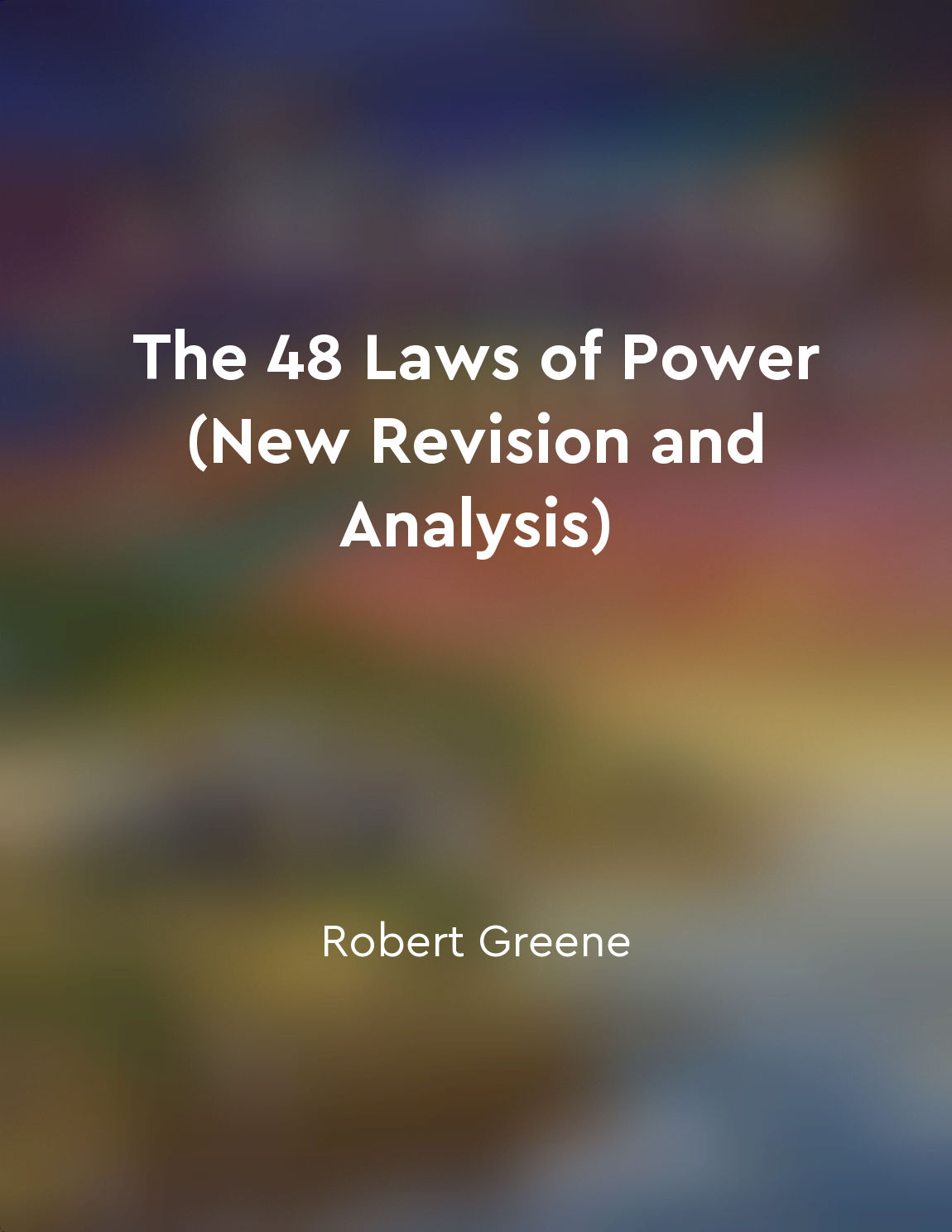History is a neverending quest for understanding the past from "summary" of What is History? by E. H. Carr
The study of history is not a simple task of recounting past events. It is a complex and never-ending quest for understanding the past. History is not just a collection of facts and dates; it is a continuous process of interpretation and analysis. Historians do not merely present the past as it happened; they strive to unravel the complexities and nuances of historical events. They delve into primary sources, scrutinize evidence, and construct narratives that offer insights into the past. The search for historical truth is an ongoing endeavor that requires critical thinking and rigorous analysis. As we seek to understand the past, we are constantly confronted with new perspectives, interpretations, and questions. History is a dynamic field that evolves and adapts to changing times and perspectives. Each generation of historians brings new insights and methodologies to the study of the past, adding layers of complexity and richness to our understanding. The quest for understanding the past is not a solitary pursuit; it is a collaborative effort that involves a community of scholars, students, and enthusiasts. Through dialogue, debate, and exchange of ideas, historians enrich their understanding of the past and contribute to the ongoing conversation about history. History is not a static or fixed entity; it is a living and breathing discipline that is shaped by the questions we ask and the perspectives we bring to the table. The study of history is a never-ending journey that challenges us to think critically, question assumptions, and engage with the complexities of the past. In the words of E. H. Carr, "History is an unending dialogue between the present and the past." As we engage with history, we are not merely looking backward; we are also looking forward, seeking to make sense of the past in order to navigate the complexities of the present and shape the future.Similar Posts

Stand up for what you believe in
In a world that thrives on conformity and obedience, standing up for what you believe in can be a radical act of defiance. It r...
Historical context is crucial for understanding events
To understand events, one must first examine the historical context in which they occurred. This context provides the necessary...

Use power sparingly
The concept of using power sparingly is a crucial one for those seeking to attain and maintain power. Power is a valuable resou...
Application of knowledge in realworld scenarios
The application of knowledge in real-world scenarios is a crucial aspect of learning. It involves taking what we have learned a...
Adaptation is critical
As we navigate the complexities of our rapidly changing world, one thing becomes abundantly clear: adaptation is not just impor...
